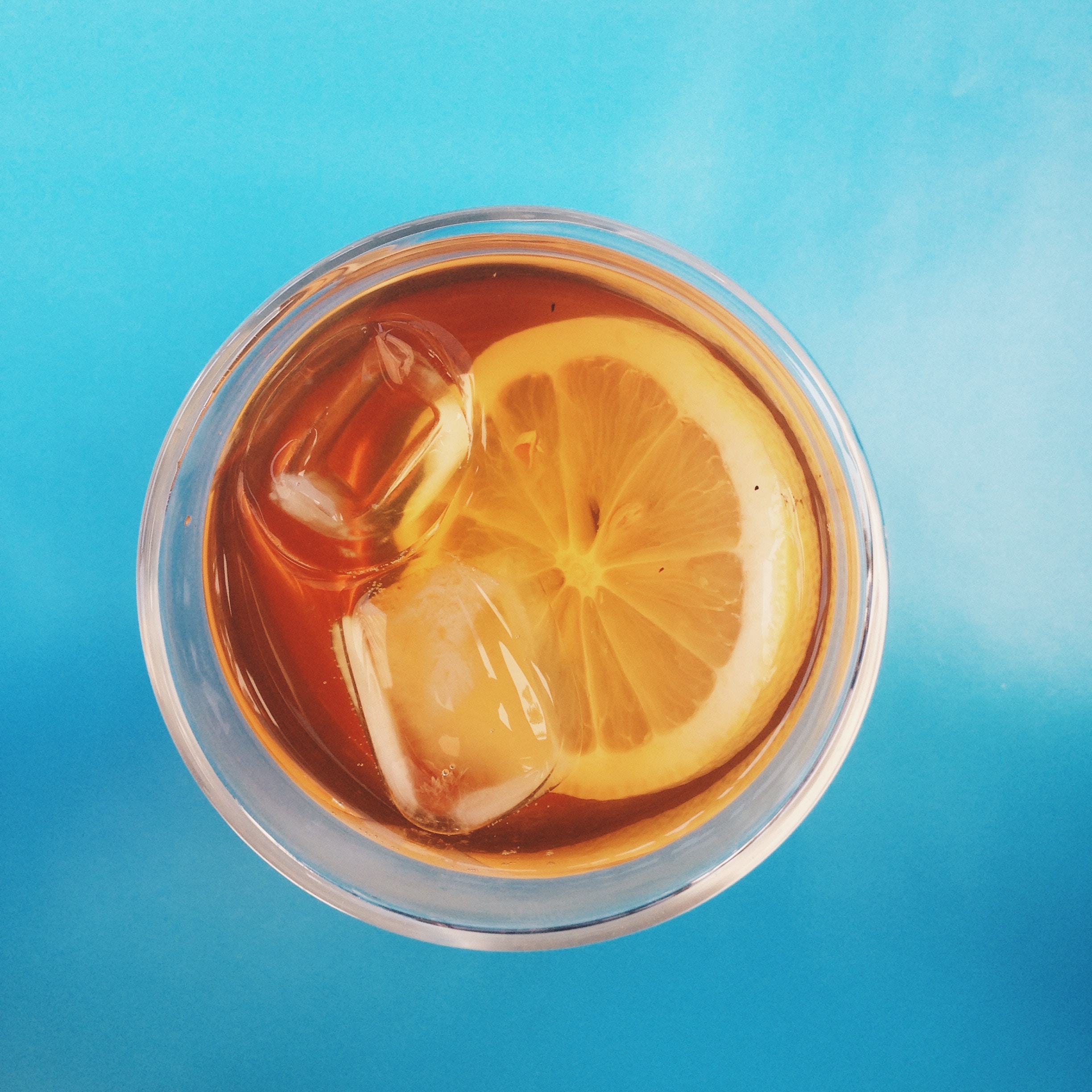What is this kombucha you ramble on about? It has these floaties in it…are they bad for me? I’ve given it a go, but it tastes very sour, has it gone off? I see so many brands in the supermarket, can you tell me which one to choose?

WHAT IS KOMBUCHA?
It a fermented probiotic beverage that you can either purchase ready made or make yourself. Kombucha is made by fermenting sweetened tea with the help of a SCOBY – a symbiotic culture of bacteria and yeast. During the fermentation process, the yeast converts the sugary tea mix to alcohol and then the bacteria from the SCOBY converts the alcohol to organic acids. Yes, I know what you’re thinking, gross! Why would anyone want to drink that?! But, contrary to the sound, of this drink, it can be flavoured to make it more palatable and also has amazingly powerful nutritional benefits.
The kombucha develops a natural carbonation during the fermentation process, making it a better alternative to the common ‘fizzy drinks’ that we know.
Kombucha has been consumed for thousands of years, but has really risen in popularity in recent years due to the increased attention on gut health and health foods/beverages.
WHAT ARE THE HEALTH BENEFITS?
There are many health claims associated with kombucha, but not many human studies to prove them.
- Its a live culture of bacteria and yeast, which provides potent probiotic benefits. What’s a probiotic you may ask, you can read more on those here. Probiotics help to improve digestion and gut health which in turn may help prevent and manage skin issues, mental health and immunity, amongst other things.
- The enzymes and organic acids present in kombuca have been shown to aid detoxification as well as inhibit the growth of pathogenic bacteria.
- Having tea as its base, kombucha has a particular variety of polyphenols called catechins which exert strong antioxidant and anti-carcinogenic properties.
HOW DO I CHOOSE A KOMBUCHA?
These days, there seems to be many options when choosing a kombucha, making it a very hard decision at the supermarket. The trick to making a quicker purchasing decision is to ALWAYS READ THE LABEL.
Firstly, if you can, try for an organic kombucha. Tea and sugar – the two main ingredients of kombucha – are two ingredients that can often be subject to a lot of pesticide contamination. Secondly, try and ensure a brand/flavour that is lower in sugar. Some can contain added sugars to help make the drink more palatable.
SOME FINAL NOTES.
Please know that kombucha is an added extra to the daily diet, not a necessity. I, myself, ‘buch, but it isn’t for everyone and that is absolutely okay! If you have any pre-existing health concerns, it may be beneficial to discuss things with your healthcare practitioner before jumping straight in to try it.
